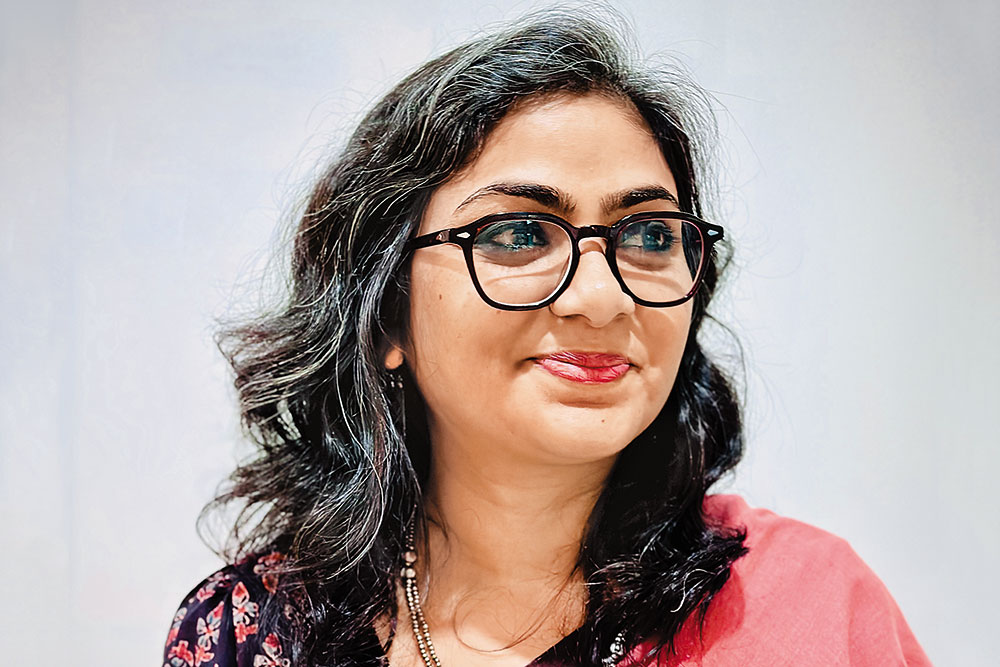Women’s equality has become a buzzword. A lot of parents, especially in the urban spaces, now ensure there’s equality between sons and daughters when it comes to education. There are government schemes focused on daughters’ and women’s empowerment. But how much of it has translated into real life?
A cousin who is highly educated gave up her career after she had a child. For about six years, she focused on the household, while the husband did late hours and travelled regularly for his profession. Six years later, she is applying to different colleges as a teacher, while the husband is already a successful entrepreneur. Another one did a professional degree, got selected for a job on campus, but left it after marriage never to take it up again.
A neighbour, who has never taken a career break except for her maternity leave, is doing well professionally and personally. Now that she is in a leadership role, she has to be on calls all the time, even on Sundays. She is in her mid-40s and at the peak of her career. A relative recently told her, out of concern, “How long do you plan to work like this? Isn’t it time to take a backseat and just relax.” Imagine a man in a similar situation. For all we know, he would have got a word of encouragement from this relative to better his career. The concern for the woman was more about, “Why don’t you stay at home more now. You have proved yourself. Now focus on the family.”
It is no doubt that striking a balance between personal and professional realms is no mean task for women. That’s primarily because though they have been “allowed” to study and work, their primary role is still seen as that of a caregiver and manager of the household. This twin challenge is not easy to take. Some women, therefore, choose to give up on their profession to handle only one side of the deal.
Fewer women sacrifice the personal for professional, but that may be changing gradually. A lot of women are now prioritising professional lives and, most importantly, themselves over the family, or having children, among others.
What can really play a role, even if it’s a small one, in this entire exercise of prioritising oneself is financial independence. And by that I mean having an income that is enough to support yourself and not depend on others. Being independent will make it much easier to take your own decisions and fight for yourself within the family.
But that would not be the end of the road for women’s battles. The professional domain has its own challenges—some explicit, such as unequal pay, and some implicit, such as biases about how women work and what they aspire to.







